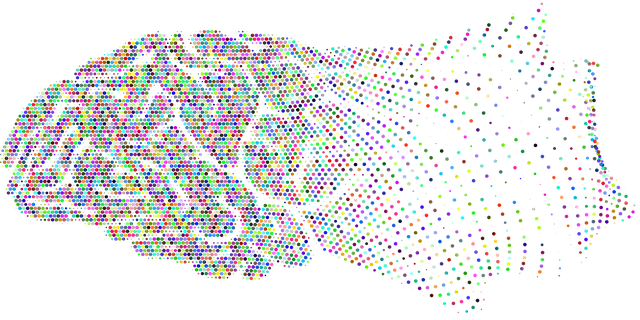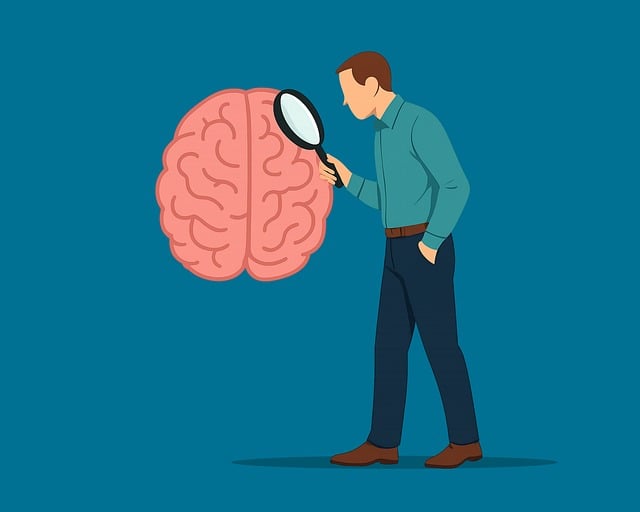Positive thinking exercises are a key component of therapy for children with post-traumatic stress disorder (PTSD), helping them build optimism, resilience, and effective coping mechanisms. Through techniques like visualization, affirmations, and gratitude practices, therapists support kids in processing trauma while boosting self-esteem. Tailored to age and understanding, these exercises empower children to regain control, reduce anxiety, and navigate challenges with agency, reinforcing strong stress management skills for lifelong emotional well-being. Regular progress tracking through check-ins, journal entries, or rating scales is crucial for assessing improvements in mental health awareness and mood management.
Positive thinking exercises have emerged as a powerful tool in the therapy landscape, especially for children grappling with post-traumatic stress disorder (PTSD). This article delves into the intricate world of designing and implementing these therapeutic techniques. We’ll explore how to understand and tailor positive thinking therapy for young minds, provide practical strategies for integration, and offer methods to track progress effectively. By embracing these practices, mental health professionals can empower children to cultivate resilience and enhance their overall well-being.
- Understanding Positive Thinking Exercises for Children with PTSD
- Designing Effective Positive Thinking Therapy for Young Minds
- Integrating and Tracking Progress of Positive Thinking Techniques in Kids' Treatment
Understanding Positive Thinking Exercises for Children with PTSD

Positive thinking exercises are an essential tool in the therapy for children post-traumatic stress disorder (PTSD). These activities aim to help kids develop a more optimistic outlook, fostering resilience and coping mechanisms that can aid in depression prevention and stress management. By incorporating these exercises into their daily routines, therapists can support children in processing traumatic memories while enhancing their self-esteem improvement.
Such exercises often involve simple yet powerful techniques like visualization, positive affirmations, and gratitude practices tailored to a child’s age and understanding. For instance, guiding children through vivid, calming imagery can help them regain a sense of control and reduce anxiety. Similarly, encouraging them to reflect on personal strengths and accomplishments can boost self-worth and provide an alternative perspective during challenging times, thereby reinforcing effective stress management.
Designing Effective Positive Thinking Therapy for Young Minds

Designing effective positive thinking therapy for young minds requires a nuanced approach tailored to their developmental stage and unique experiences. Children, especially those recovering from post-traumatic stress disorder (PTSD), need therapeutic interventions that are engaging, age-appropriate, and supportive. Incorporating Mind Over Matter principles through interactive activities and games can help children reframe negative thoughts and develop healthier cognitive patterns.
Therapeutic strategies such as compassion cultivation practices, where children learn to recognize and extend kindness towards themselves and others, have proven effective in building resilience and mitigating the impact of trauma. Additionally, Stress Management Workshops Organization provides structured platforms for young individuals to explore coping mechanisms, fostering a sense of agency and emotional regulation. These holistic approaches not only address the symptoms of PTSD but also equip children with lifelong tools for navigating life’s challenges.
Integrating and Tracking Progress of Positive Thinking Techniques in Kids' Treatment

Integrating positive thinking techniques into therapy for children with post-traumatic stress disorder (PTSD) can be a powerful tool in their treatment journey. These exercises aim to cultivate resilience and coping mechanisms by shifting focus towards optimism, gratitude, and constructive reframing of negative thoughts. Therapists play a pivotal role in guiding kids through these practices, helping them recognize and challenge distressing thought patterns and replacing them with more adaptive ones.
Tracking progress is essential for the success of this approach. Mental health professionals can employ various strategies to assess improvements in children’s mental health awareness and mood management skills. Regular check-ins, journal entries, or even simple rating scales can provide valuable insights into the child’s ability to apply positive thinking techniques in daily life, enhancing their overall well-being and recovery from PTSD.
Positive thinking exercises have proven to be a powerful tool in the therapy for children post-traumatic stress disorder (PTSD), offering a promising approach to enhancing resilience and emotional well-being. By integrating these techniques into treatment plans, therapists can effectively support young minds in navigating their experiences and fostering a more optimistic outlook. With careful design and consistent tracking of progress, positive thinking therapy becomes a dynamic and adaptable process that empowers children to build mental strength and cope with challenges.








